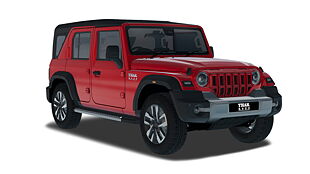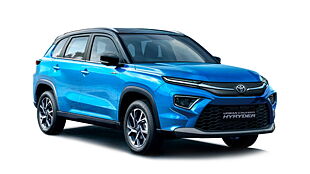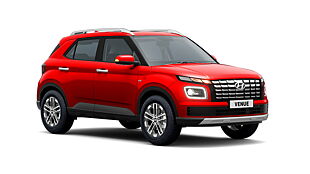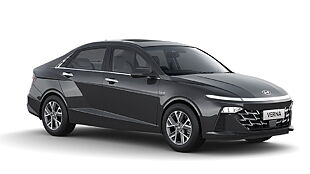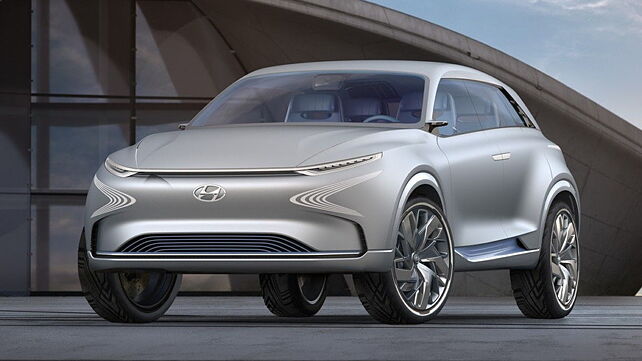
Hyundai is still funding R&D of multiple fuel technologies, like hybrids, plug-in hybrids, all-electric and hydrogen fuel cell vehicles, instead of choosing just one. And there’s a reason why. Hyundai believes that conventional lithium-ion batteries are apparently being exhausted of their capabilities for increased energy output.
Although the company believes solid-state batteries offer a promising future, they claim that there is no certainty at the moment that these batteries will ultimately be available in a commercially viable format. However, reports from Korea confirm that Hyundai is already developing solid-state batteries on its own, and has established pilot-scale production facilities.
Lee Ki-sang, Senior VP – Hyundai, said, “Today’s lithium ion batteries will have run their limit by around 2022 or 2023. Battery makers are already targeting 2025 for next-generation replacements. If a new, next-generation battery appears around 2025, then the market share of electric vehicles will go from 20-30 per cent to 80-90 per cent of the whole market.”
So in other words, unless Hyundai sees a viable form of battery technology coming up in the future, it will continue to invest in fuel cell technology to have a sustainable option at hand. Within three years, Hyundai expects to roll out 10 hybrids, 8 PHEVs, 8 all-electric vehicles and two fuel-cell vehicles. Stay tuned to CarWale to know more about Hyundai’s electrification plans.
Picture: Hyundai Futuristic FE Fuel Cell Concept

![Hyundai Creta [2017-2018] Image Hyundai Creta [2017-2018] Image](https://imgd.aeplcdn.com/272x153/cw/ec/19382/Hyundai-Creta-Right-Front-Three-Quarter-118797.jpg?wm=0&q=80)





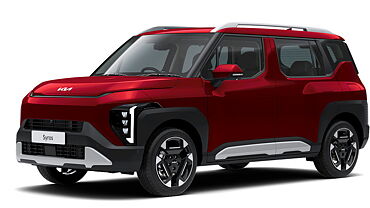
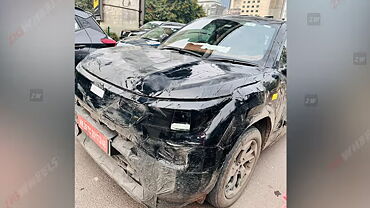





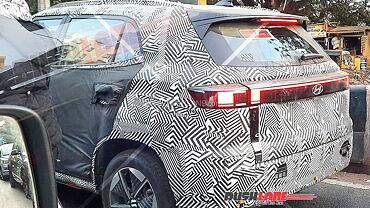

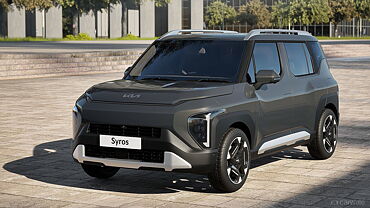
![Hyundai Creta [2017-2018] Right Front Three Quarter Hyundai Creta [2017-2018] Right Front Three Quarter](https://imgd.aeplcdn.com/199x112/cw/ec/19382/Hyundai-Creta-Right-Front-Three-Quarter-118797.jpg?wm=0&q=80)
![Hyundai Creta [2017-2018] Right Front Three Quarter Hyundai Creta [2017-2018] Right Front Three Quarter](https://imgd.aeplcdn.com/199x112/ec/33/33/19382/img/ol/Hyundai-Creta-Right-Front-Three-Quarter-54590.jpg?v=201711021421&q=80)
![Hyundai Creta [2017-2018] Right Front Three Quarter Hyundai Creta [2017-2018] Right Front Three Quarter](https://imgd.aeplcdn.com/199x112/ec/33/33/19382/img/ol/Hyundai-Creta-Right-Front-Three-Quarter-54597.jpg?v=201711021421&q=80)
![Hyundai Creta [2017-2018] Dashboard Hyundai Creta [2017-2018] Dashboard](https://imgd.aeplcdn.com/199x112/ec/33/33/19382/img/ol/Hyundai-Creta-Dashboard-54628.jpg?v=201711021421&q=80)
![Hyundai Creta [2017-2018] Dashboard Hyundai Creta [2017-2018] Dashboard](https://imgd.aeplcdn.com/468x263/cw/ec/19382/Hyundai-Creta-Dashboard-99466.jpg?v=201711021421&wm=1&q=80)





